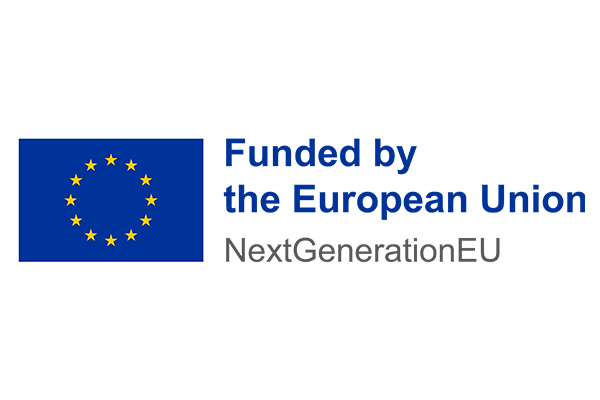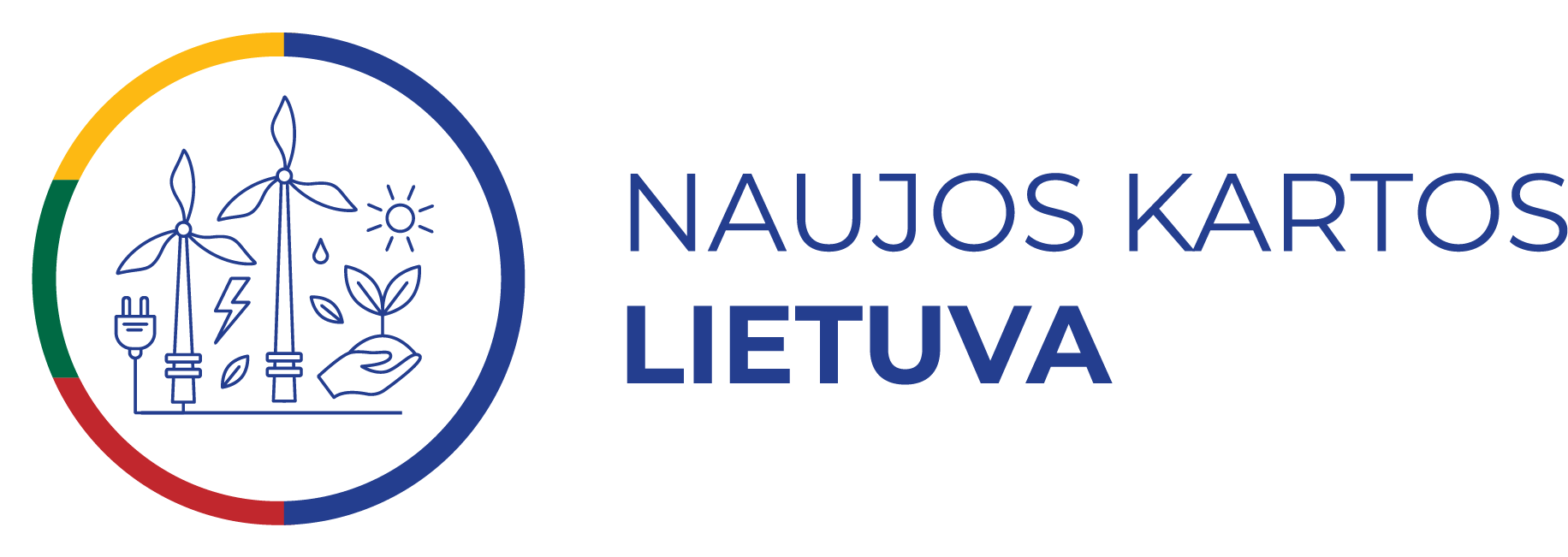

Project objective:
The project will conduct applied scientific research to support the European Commission’s mission for cities – “100 climate-neutral smart cities by 2030” – and prepare for submitting proposals to the Horizon Europe program’s “Climate Neutral and Smart Cities” mission calls (end of 2025 – beginning of 2026).
Problems Addressed by the Project:
One of the challenges identified in the Lithuanian Ministry of Education, Science, and Sport’s science development program, progress measure No. 12-001-01-02-01, is the lack of skills and incentives for preparing international R&D applications.
This initial feasibility project aims to align with the Horizon Europe mission, “Climate Neutral and Smart Cities,” to facilitate preparation for future mission calls by applying the project’s results and experience to proposal development.
The main goal of the mission is to support cities in accelerating their ecological and digital transformation, contributing to the Green Deal target of a 55% reduction in emissions by 2030, offering cleaner air, safer transportation, reduced congestion, and noise for city residents. According to the European Commission, cities consume over 65% of global energy and are responsible for over 70% of global CO₂ emissions. Most of this energy consumption and emissions are tied to heating and cooling buildings. With climate change leading to longer, more frequent heat waves, there is an expected increase in cooling demands and the risk of building overheating, affecting both old and new energy-efficient buildings.
The EU mission “Climate Neutral and Smart Cities” aims to create 100 climate-neutral smart cities by 2030, with Vilnius as a candidate to become one of these cities. This initial feasibility project seeks to contribute to the mission by developing climate-neutral building guidelines, using Vilnius as a model for future climate-neutral cities. The project has four main objectives:
- Identifying the current state of climate-neutral buildings in Lithuania and Europe;
- Developing technical guidelines and a thermodynamic and mathematical algorithm to achieve zero emissions (ZEB) in A++ energy class buildings;
- Seeking potential partners, identifying best practices, and disseminating project results;
- Preparing to submit a proposal for Horizon Europe’s “Climate Neutral and Smart Cities” mission calls.
The initial project will aim to establish collaboration with the Cities Mission Platform to create connections for further cooperation during the Horizon Europe project implementation. The goals and activities set in the initial project will be aligned with the vision and objectives of climate-neutral cities.
The project’s results and experience will support the preparation of proposals for future calls under the Horizon Europe mission, “Climate Neutral and Smart Cities.” The project will contribute to implementing actions planned under the science development program progress measure No. 12-001-01-02-01, “Strengthening innovation ecosystems in science centers,” overseen by the Lithuanian Ministry of Education, Science, and Sport for the 2021-2030 development program. This project also aligns with the National Progress Plan’s strategic goal 1 (“Transition to knowledge-based, advanced technology-driven sustainable economic development and increasing the country’s international competitiveness”) and with the XVIII Government of Lithuania’s action plan initiative 1.5.3. (“Prepare and implement an acceleration plan for Lithuania’s participation in the EU research and innovation program Horizon Europe”).
LEI activities in the project
Keywords:
advanced climate-neutral cities, Horizon Europe, proposal preparation, climate-neutral buildings, technical solutions
Project ID: CPVA 10-038-T-0157
Total cost: 58 045,77 EUR (LEI part: 17 065,65 EUR)
Coordinator: Public institution Central Project Management Agency (CPVA), Lithuania.
Participants:
Partners:
- Lietuvos energetikos institutas (LEI), Lithuania.
Project Team
| Name, surname | Office | phone. | |
|---|---|---|---|
|
LEI Representative |
|||
| Monika Grinevičiūtė | Monika.Grineviciute@lei.lt | ||





